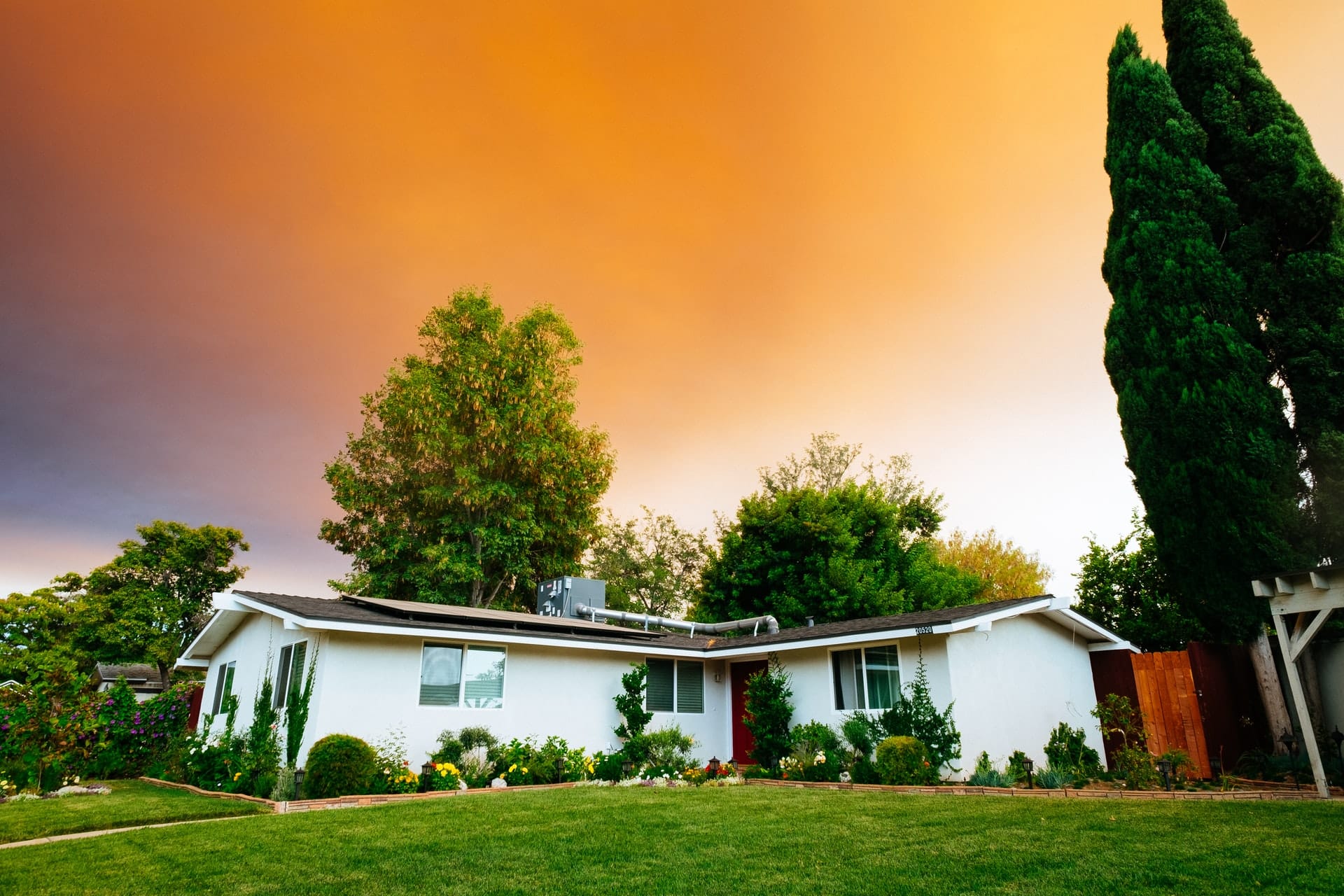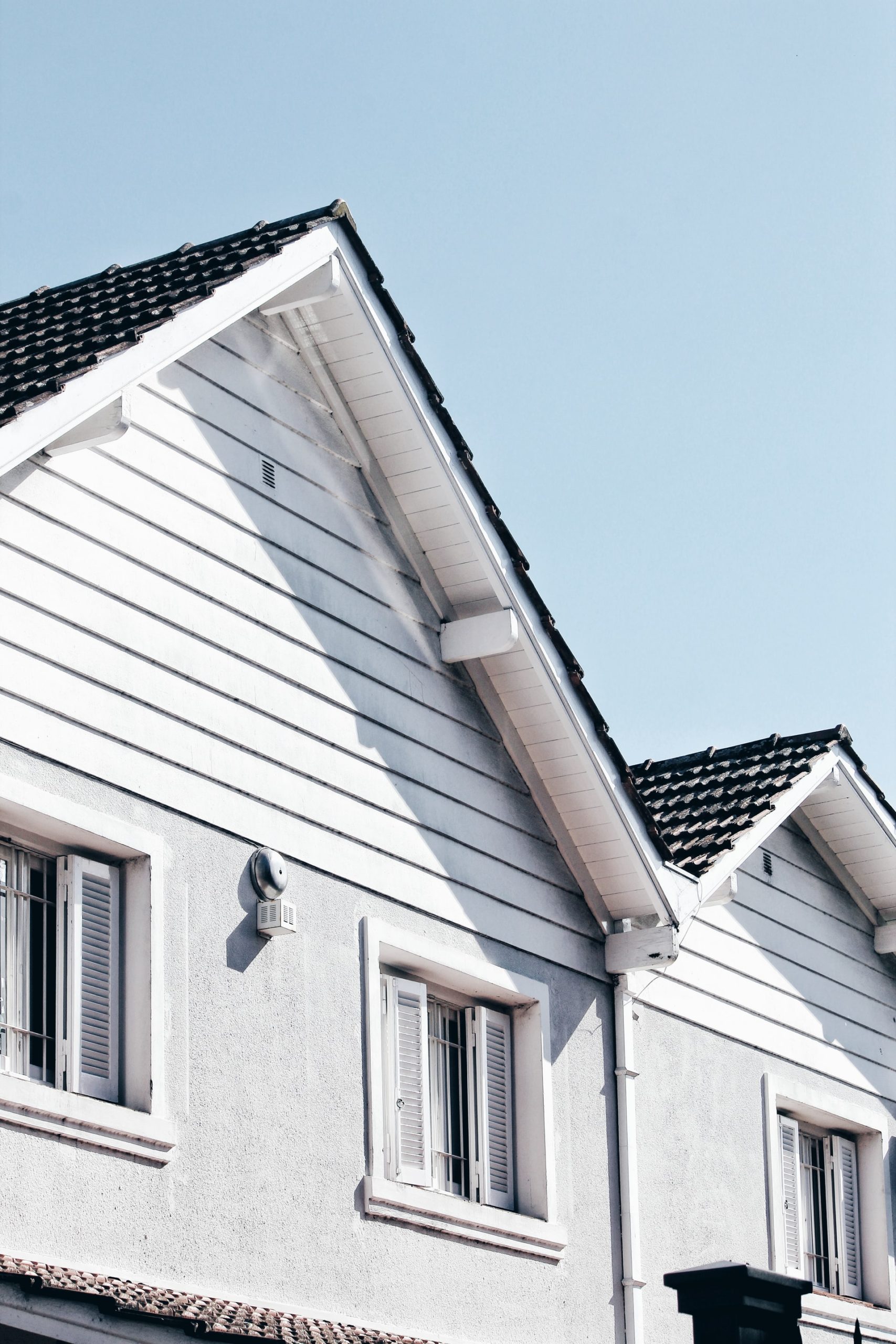Purchasing your dream house is one of the most accomplishing decisions you will make in your life. Owning a home is a huge blessing, but it can quickly turn into a nightmare once your budgeting goes thrown under the bus. Despite careful calculations for your monthly mortgage payments, repairs, and other expenses, there are unexpected costs that can shatter even the tightest of plans.
If part of your plan is to save up for the budget directed towards the down payment of your new house, and the succeeding monthly mortgages, then that is excellent news. However, if you are a prospective borrower to purchase a home, take note that mortgage lenders look at the 25 percent rule: Your monthly mortgage should not be more than 25 percent of your gross monthly income. Lenders look at your debt-to-income ratio to identify if they will lend the money. This consideration is a crucial one when determining the budget for a new home.
Homeownership also has a lot of hidden costs that may shock new homeowners. In a study conducted in 2017, hidden costs of homeownership, which include taxes, insurance, utilities, and other expenses may reach up to over $ 9,000. Unexpected monthly fees may be covered by your savings or by using services like cash advances or short-term loans. However, budgeting for a new home means not swiping out your savings clean but building your emergency fund as a buffer for hidden homeownership costs. Plus, here are some ways on how to budget for your new home.
IMAGE: UNSPLASH
Be Smart On The Down Payment
People often think that a larger down payment is a wise decision because it leads to lower monthly mortgages. Twenty percent has been considered as the standard rate for down payments. However, according to the National Association of Realtors, the average home buyer in the United States puts only about 12 percent down payment when buying a house.
Putting less than the standard 20 percent down when purchasing a house can give you extra cash or savings in case there are emergencies. Financial advisors also suggest that an emergency fund should cover six months of expenses. And if you have extra cash, it can be helpful because some lenders also ask for proof of cash reserves before they lend the money.
On another note, people who tend to pay down payments that are lower than 20% may need to shoulder the extra private mortgage insurance or PMI. Paying the PMI means that there will be an increase in your monthly mortgage payments from 0.3% to 1.2% of the loaned value. This factor must be one of your considerations when deciding on how much you are initially putting down.
Consider The 25% Rule
According to Dave Ramsey of Ramsey Solutions, the recommended monthly mortgage payment should not be more than 25% of your monthly payments. Paying cash for your home is ideal; however, if you are not ready to make that offer, then you have to incorporate your monthly mortgage payment into your monthly budget.
Ramsey also suggests that you have first to determine and add up every source of income that comes in each month. Next, identify your monthly expenses by writing them down. Ramsey recommends the 25% rule, and so whatever is left should be saved up for house maintenance and repairs.
Prepare For Other Homeownership Expenses
Planning and budgeting for the actual home-buying is a big step in the process of owning your own home. However, there are a whole lot of other considerations. Monthly mortgages are not the only monthly or recurring expenses that you will be facing. You have to anticipate ongoing costs such as insurance, taxes, utilities, maintenance costs, repairs, etc.
You have to decide on how much you can pay every month, and the best way to do this is by taking a look at your paycheck. Experts recommend using your net income as a reference, which means all taxes and deductions have already been considered to create a more realistic view of how much you can afford for your homeownership expenses.
Small costs may be neglected, such as minor maintenance activities like lawn mowing, shoveling of snow, sending a cleaning service once due to a busy schedule, etc. These can add up to significant amounts. However, even small maintenance costs must be included in your budgeting because even best-planned budgets are thrown off by unexpected expenses. Expecting the unexpected costs will also give you a clearer picture of how much home you can truly afford.
Choosing What You Can Handle
Affordability of a new home is not just about how big the lot area or how many rooms and baths there are in the house. Budgeting for a new home requires that it is a type of property you can manage and handle. Sometimes, a big house is way well into your budget. However, will a house of that size cost you more on the heating during cold months and the cooling during warmer days?
Your dream home may be exquisite, but think about how this beauty relates to the lawn mowing, snow-shoveling, or single-room-cleaning. The colossal property you are saving for maybe quite cheap. Still, when you start paying for the utilities and the maintenance, or even the renovation, the scale of the property may make every cost significantly higher. So, be wise in choosing only what you can handle.
Compute What You Can Borrow
Purchasing a house using cash is sublime. However, if you are looking for a suitable loan to help you buy your dream house, how much you can afford to spend has to be determined. The amount you can borrow will depend on the size of the monthly payments you can make, plus the interest.
There are numerous mortgage calculators out there that can help you compute interest rates based on current trends and averages. Although pre-loaded mortgage calculators vary, some advanced calculators can help you estimate the interest rates that you are most likely to pay. Some factors include your credit score, location, and the type of loan that you are trying to secure.
Mortgage calculators vary, and interest rates may be different from the one’s beings used by a potential creditor or lender. That is why, chief economist of a real estate startup, Ralph McLaughlin recommends using different interest calculators until you obtain reasonable mortgage quotations that are based on the average.
Addressing Non-Mortgage Debts
To lessen your financial stress, experts suggest that settling non-mortgage debts and obligations is pivotal before actual homeownership. Holding off your purchasing of the house can be frustrating, but working to be debt-free first before becoming a house-owner will do your mental and financial status right.
It is also crucial to wait until you have sufficient funds that can cover any unexpected emergencies and enough cash to put down the ideal initial payments. As they say, it is not ideal to purchase a house that you cannot even afford to have repaired.
A mortgage may be the most significant chunk among your debts, but a mortgage is considered one of the better obligations. Home loans usually have low-interest rates, and it allows you to acquire a new home, which is a tremendous asset that will hopefully appreciate more in value over time. This reason is why you should eliminate bad debts and all other toxic credit that you have. Side hustles can help you pay off your debts as well.
Consider Tax Breaks
Recent changes to the tax code have affected homeowners, and only a few can take advantage of the previous benefits that the government has helped address, such as property taxes and mortgage interests. Previously, taxpayers could claim both state and local taxes, as well as property taxes as a deduction to their federal taxes, without any limit. However, the Tax Cuts and Jobs Act or TCJA of 2017 has imposed a ceiling or cap amount on the maximum amount of state or local taxes that can be written off by a local taxpayer.
The TCJA put a lower limit as well on the possible mortgage interest deduction a taxpayer can have. But, do not fret entirely; homeowners are not entirely off. Although certain benefits have been curtailed, there are new perks, such as doubled standard deduction. A taxpayer has a certain amount that can be subtracted from their taxable income, whether or not they are homeowners. Tax breaks or tax cuts do benefit most taxpayers.
Do Budget Reviews
New homeowners must also conduct regular reviewing and adjustments of spending and savings plans. These budget reviews can help you see both hidden and unhidden costs of homeownership. Regular reviews of budget and expenses are crucial to help you keep track of the things that you need to do as a new homeowner.
Planning and reviewing also make you stay on top of things and more aware of changes that may somehow affect your bills and expenses. Apart from homeownership costs, these regular budget reviews will give you a picture of your progress in terms of spending or savings and tackling debt.
The Takeaway
Budgeting for a new home involves more than just seeing if the monthly mortgage is well within your budget. There are plenty of considerations such as your current debt status versus your income, hidden costs of homeownership such as taxes, insurance, repair costs, and upkeep fees, among others.
Affording a home means that more than just the down payment and the monthly amortization. You also have to ask yourself whether you are ready for the expenses that go with homeownership, both hidden and not. And even if you do afford the house and the monthly payments, it does not mean that you should already stop there. You have to remember that more than acquiring the property, you have to factor in the budget considerations that do not end at the closing.
Author Bio: Lidia Staron is a content marketer who has significant experience covering technology, finance, economics, and business topics for about 3 years. At the moment he works as content manager in OpenCashAdvance.com.


COMMENTS